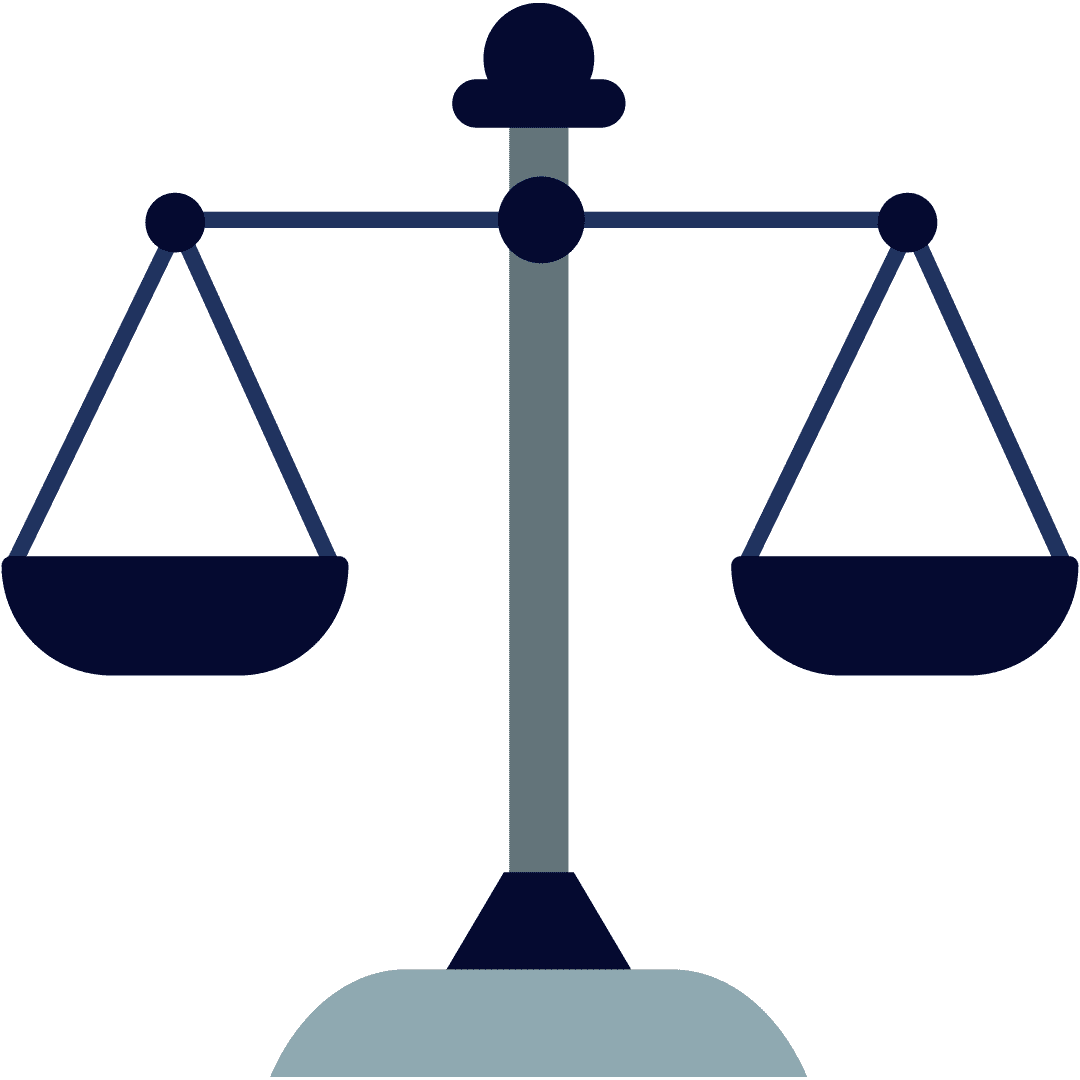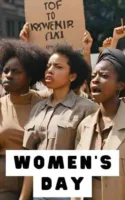Women’s Day in our country is the commemoration of the women who marched to the Union Buildings in protest against the extension of Pass Laws to women on 9 August 1956. Sixty-eight years later and their works have been reduced to passing mentions in speeches and an Instagram post if they’re lucky. Worst still, the right to movement for women which they fought for, has never been more at risk with the ever increasing violence against women.
There seems to be a wholesale lack of interest in society to speak about the political reason behind the commemoration of the day, but rather to make it so general in its meaning that it has lost meaning altogether. This forms part of the commercialisation of feminism into a ‘girlboss’ aesthetic instead of the plight for economic equity for and of women that it is. The depoliticisation of women in our history also removes agency as it erases the collective strength of women who, when organised, can change the course of destiny.
On the 9th of August every year, the over 20 000 women who organised themselves from across the country, who marched on the Apartheid regime, are not remembered for their feat of political acumen and mobilising capacity. A feat difficult even now. It’s hardly ever acknowledged except in passing, this holds true for the contribution of women in the Anti-Apartheid struggle in general.
Women’s roles in the liberation movement as tacticians, skilled operators and armed militants go unspoken. Contributions came in various forms and there are many women in this country whose sacrifice and work for our freedom has gone unthanked. There are also painfully many reports which exist of sexual violence even within the various movement spaces. Many say sexual violence was so rife particularly in exile camps, it was to be expected. Violence pervaded even our spaces of freedom. And is now embedded in the fabric of who we are as a society.
When looking at the rate of gender based violence, it is clear that we are a country at war with its women.
We are a country where in just three months there were 15 284 reported cases of sexual violence (Quarterly Crime Stats OCT 1 – DEC 31 2023), with most cases going unreported. This intermingled with economic hardship makes for a startling picture. We are the same country in which Black women experience the highest rate of unemployment (StatsSA) amongst all other demographic groups. While terms such as ‘GBV’ are used often and in much earnest in the media, it has become just another thing we live with and are constantly shocked by. What does women’s month mean within this never-ending crisis?
Thanks for the public holiday though.
When looking at the above, do you think women are truly cherished in this country?



